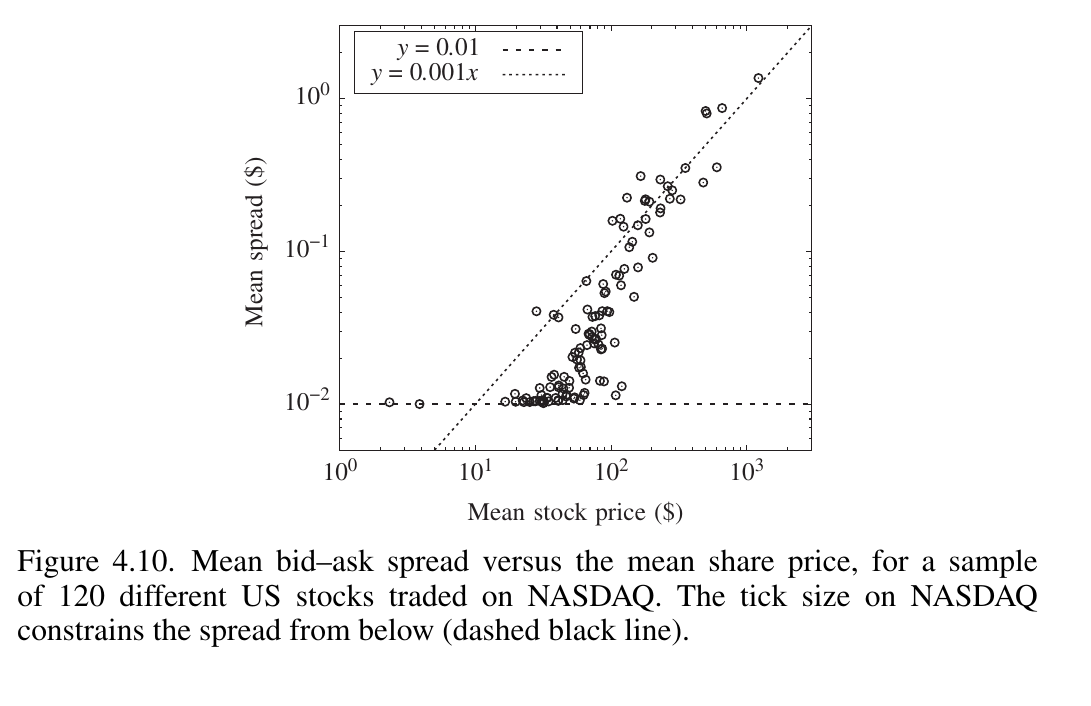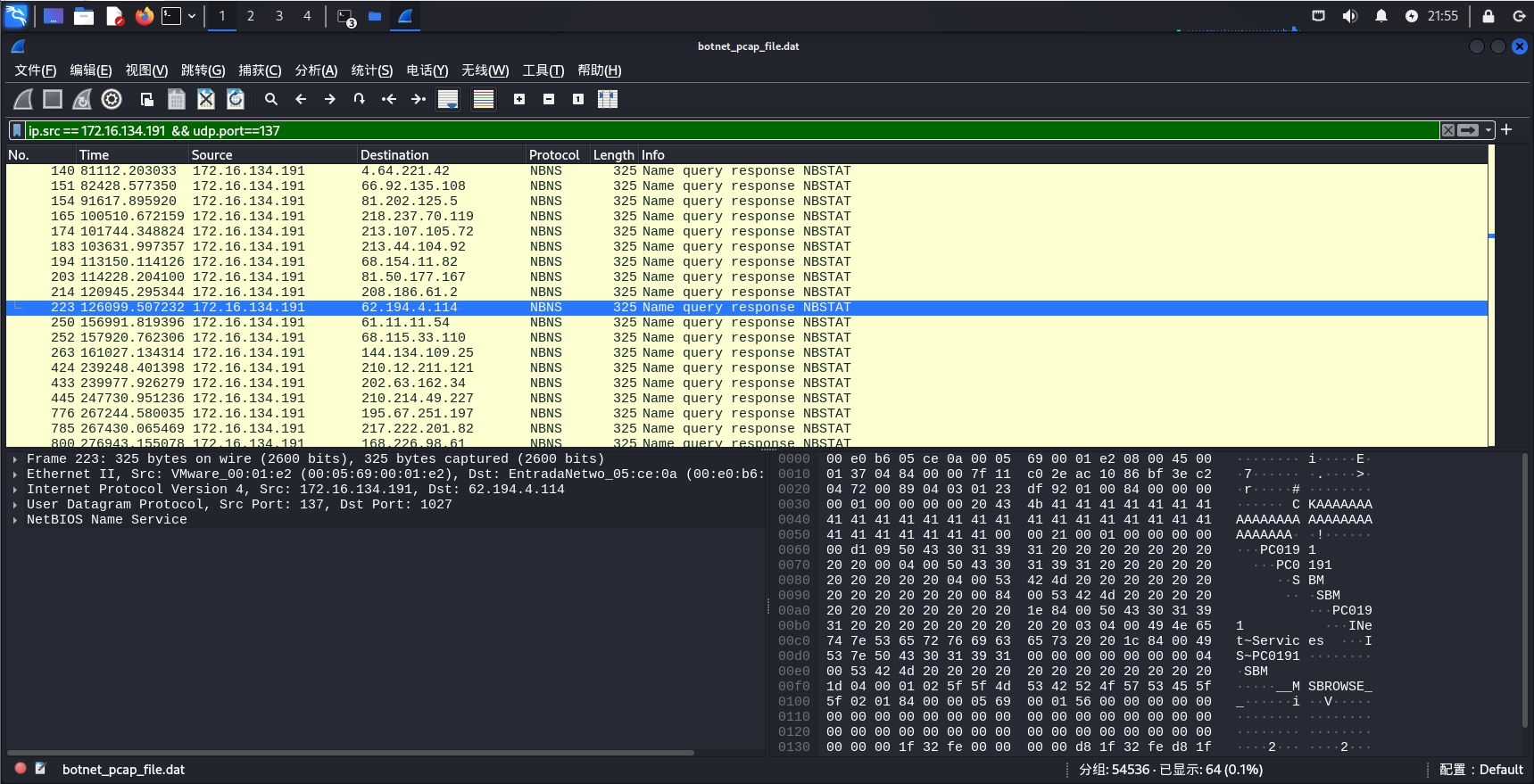我愿称之KeBF算法
Ke的BF(Brute Force,暴力检索)法
关于其他 字符串匹配算法
示例源码
#include <stdio.h>
#include <string.h>int main()
{// 读入两个字符串char ms[100], ps[100];fgets(ms, sizeof(ms), stdin);fgets(ps, sizeof(ps), stdin);// 去掉换行符ms[strcspn(ms, "\n")] = '\0';ps[strcspn(ps, "\n")] = '\0';int j = 0, index[100];int msL = strlen(ms);int psL = strlen(ps);// 算法实现for (int i = 0; i <= msL - psL; ){if ((msL - i) < psL)break;int t = 0;while (t < psL && ms[i + t] == ps[t])t++;if (t == psL){index[j] = i;j++;i += t;}elsei += (t > 0) ? t : 1;}// 输出结果if (j > 0)for (int i = 0; i < j; i++)printf("%d ", index[i]);elseprintf("None");printf("\n");return 0;
}
与FittenCode的斗志斗勇





大胜利!
最后——
谁能拒绝一个写法比KMP简单,时间复杂度摸摸KMP(O(n) & O(m+n)),空间复杂度大概持平KMP的可可爱爱的KeBF呢😘
附 KMP 示例源码
别问,问就是fittenCode写的()
#include <stdio.h>
#include <string.h>// 函数声明
void computeNext(const char *pattern, int *next);
void kmpSearch(const char *text, const char *pattern);int main() {char text[100];char pattern[100];// 输入主串和模式串printf("请输入主串: ");fgets(text, sizeof(text), stdin);printf("请输入模式串: ");fgets(pattern, sizeof(pattern), stdin);// 去掉换行符text[strcspn(text, "\n")] = '\0';pattern[strcspn(pattern, "\n")] = '\0';// 调用 KMP 查找函数kmpSearch(text, pattern);return 0;
}// 计算模式串的 next 数组
void computeNext(const char *pattern, int *next) {int m = strlen(pattern);next[0] = 0; // next[0] 是始终为 0int j = 0; // j 代表前缀长度for (int i = 1; i < m; i++) {while (j > 0 && pattern[i] != pattern[j]) {j = next[j - 1]; // 回溯到前一个最佳匹配}if (pattern[i] == pattern[j]) {j++; // 匹配继续}next[i] = j; // 记录当前字符匹配的前缀长度}
}// KMP 字符串查找
void kmpSearch(const char *text, const char *pattern) {int n = strlen(text);int m = strlen(pattern);int next[m];// 计算模式串的 next 数组computeNext(pattern, next);int j = 0; // j 代表当前匹配的模式串中的位置for (int i = 0; i < n; i++) {while (j > 0 && text[i] != pattern[j]) {j = next[j - 1]; // 发生不匹配,回溯到前一个最佳匹配}if (text[i] == pattern[j]) {j++; // 字符匹配,移动到模式串的下一个位置}if (j == m) {printf("找到匹配,起始位置: %d\n", i - m + 1); // 找到匹配,输出起始位置j = next[j - 1]; // 准备进行下一个匹配}}
}











